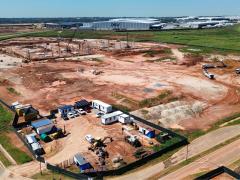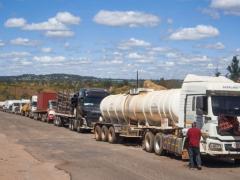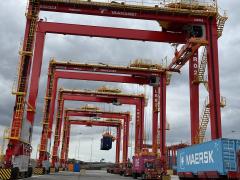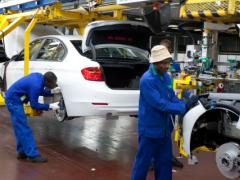Initial findings from a world-first study of the impact of 100% sustainable aviation fuel (SAF) on both engines of a commercial jet have provided promising early results, according to Steven Le Moing, new energy programme manager at Airbus.
The ECLIF3 study (Emission and Climate Impact of Alternative Fuels), involving Airbus, Rolls-Royce, German research centre DLR and SAF producer Neste, marks the first time 100% SAF has been measured simultaneously on both engines of a commercial passenger aircraft – an Airbus A350 aircraft powered by Rolls-Royce Trent XWB engines.
Findings from the study will support efforts currently under way at Airbus and Rolls-Royce to ensure the aviation sector is ready for the large-scale use of SAF as part of the wider initiative to decarbonise the industry, says Le Moing. “Aircraft are currently only allowed to operate on a 50% blend of SAF and conventional jet fuel, but both companies support the drive to certify 100% SAF use.”
“Sustainable aviation fuel is widely recognised as a crucial solution to mitigating the climate impact of the aviation sector, both in the short term as well as the longer term,” says Jonathan Wood, Neste’s vice president Europe, renewable aviation. “This project to measure the extensive benefits of SAF compared with fossil jet fuel will provide the data to support the use of SAF at higher concentrations than 50% and clarify the additional benefits from the use of SAF.”
Promising results for 100% sustainable aviation fuel
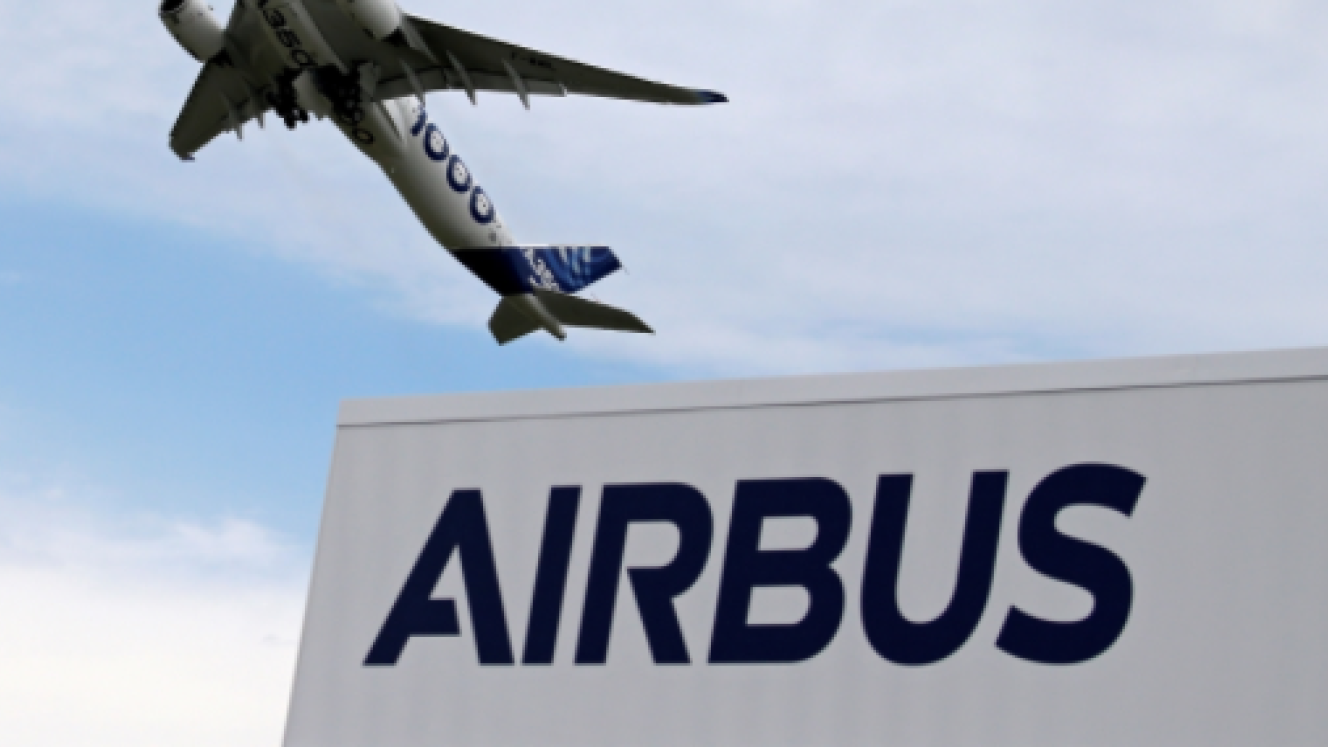
Comments | 0






